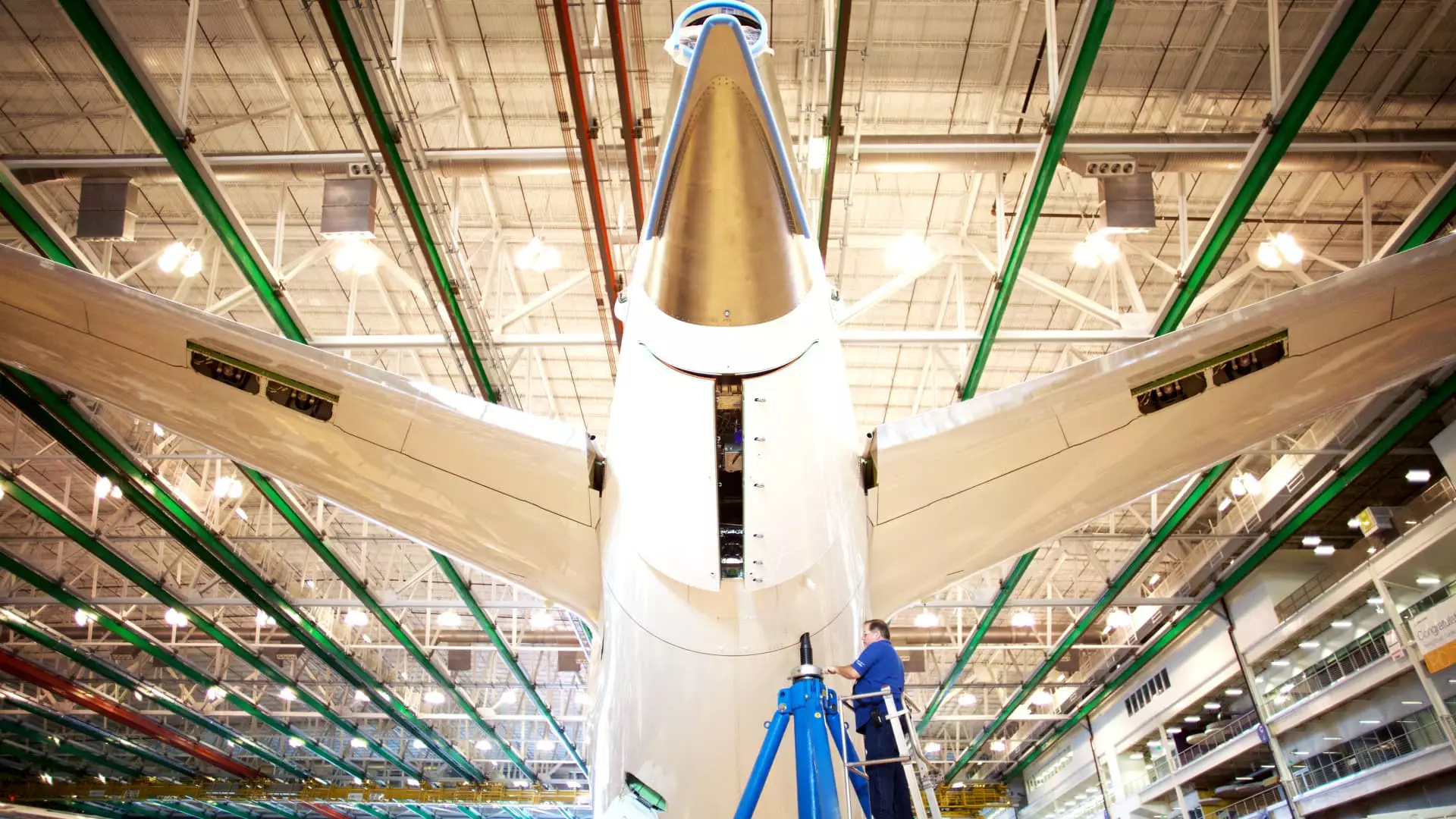Boeing recently faced allegations from one of its engineers, Sam Salehpour, who claimed that the company took shortcuts in the production of its 787 Dreamliner and 777 aircraft. Salehpour stated that the assembly of the 787 placed excessive stress on airplane joints, potentially reducing the lifespan of the planes. These serious allegations raised concerns about the safety and quality of Boeing’s aircraft.
Boeing’s Response
In response to the allegations, Boeing defended the quality and safety testing of its 787 Dreamliner and 777 aircraft. The company denied the claims made by Salehpour, calling them “inaccurate” and emphasized that it stood by the safety of its planes. Boeing highlighted the rigorous stress and safety tests conducted on the planes, including testing for 165,000 cycles, equivalent to the wear and tear of numerous flights.
Boeing engineers detailed the extensive testing procedures carried out on the 787, which involved subjecting the fuselage to a 300-pound pendulum strike and creating damage to fuselage panels to ensure their durability. The company’s chief engineer for mechanical and structural engineering, Steve Chisholm, affirmed that the tests exceeded real-world conditions experienced by the aircraft during service. However, Salehpour’s allegations focused on the improper joining of pieces in the carbon composite fuselage, raising concerns about the structural integrity of the planes.
Salehpour and his lawyers raised these concerns with the Federal Aviation Administration (FAA), prompting an investigation into the allegations. The FAA’s involvement underscores the seriousness of the claims and the need to address any potential safety issues with Boeing’s aircraft. Salehpour’s allegations also included accusations of retaliation by Boeing, claiming that he was excluded from meetings and reassigned to a different program after speaking out about his concerns.
Boeing refuted Salehpour’s claims about the structural integrity of the 787 and 777 aircraft, stating that the issues raised were thoroughly examined by engineers under FAA oversight. The company emphasized its commitment to ensuring the quality and long-term safety of its planes, dismissing the allegations as inaccurate. Boeing’s suspension of 787 deliveries in the past due to fuselage spacing issues was also addressed, with the company asserting that these issues were resolved through rigorous engineering examination.
Overall, Boeing’s response to the allegations raised by Sam Salehpour reflects the company’s commitment to safety and quality control in its aircraft manufacturing processes. The ongoing investigation by the FAA will shed more light on the validity of the claims and whether any further actions need to be taken to address potential safety concerns. As a leading aircraft manufacturer, Boeing recognizes the importance of upholding the highest standards of safety and will continue to prioritize the well-being of passengers and crew aboard its planes.

Leave a Reply